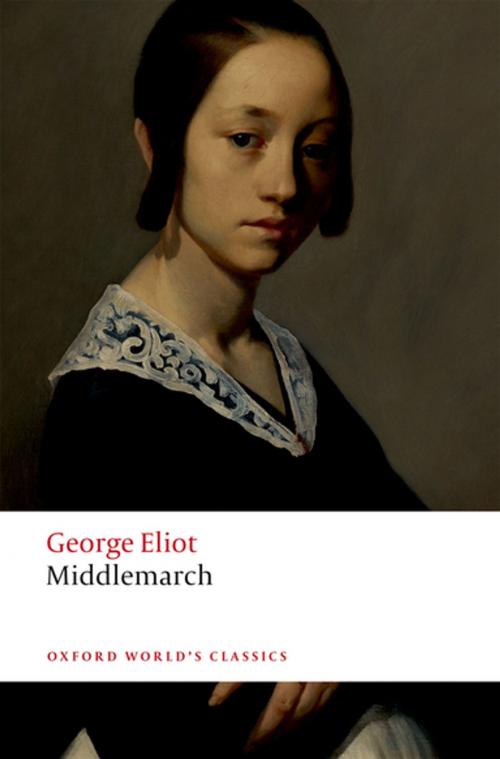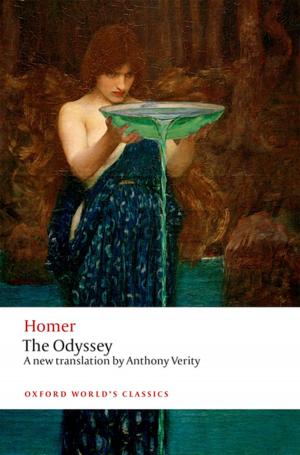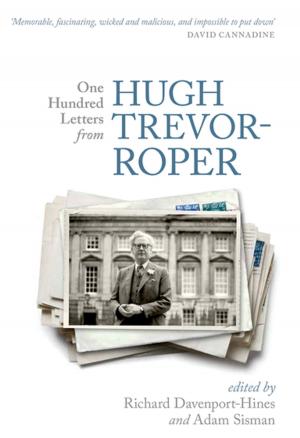| Author: | George Eliot, David Russell | ISBN: | 9780192547538 |
| Publisher: | OUP Oxford | Publication: | March 29, 2019 |
| Imprint: | OUP Oxford | Language: | English |
| Author: | George Eliot, David Russell |
| ISBN: | 9780192547538 |
| Publisher: | OUP Oxford |
| Publication: | March 29, 2019 |
| Imprint: | OUP Oxford |
| Language: | English |
'the growing good of the world is partly dependent on unhistoric acts' The greatest 'state of the nation' novel in English, Middlemarch addresses ordinary life at a moment of great social change, in the years leading to the Reform Act of 1832. Through her portrait of a Midlands town, George Eliot addresses gender relations and class, self-knowledge and self-delusion, community and individualism. Eliot follows the fortunes of the town's central characters as they find, lose, and rediscover ideals and vocations in the world. Through its psychologically rich portraits, the novel contains some of the great characters of literature, including the idealistic but naïve Dorothea Brooke, beautiful and egotistical Rosamund Vincy, the dry scholar Edward Casaubon, the wise and grounded Mary Garth, and the brilliant but proud Dr Lydgate. In its whole view of a society, the novel offers enduring insight into the pains and pleasures of life with others, and explores nearly every subject of concern to modern life:. art, religion, science, politics, self, society, and, above all, human relationships. This edition uses the definitive Clarendon text.
'the growing good of the world is partly dependent on unhistoric acts' The greatest 'state of the nation' novel in English, Middlemarch addresses ordinary life at a moment of great social change, in the years leading to the Reform Act of 1832. Through her portrait of a Midlands town, George Eliot addresses gender relations and class, self-knowledge and self-delusion, community and individualism. Eliot follows the fortunes of the town's central characters as they find, lose, and rediscover ideals and vocations in the world. Through its psychologically rich portraits, the novel contains some of the great characters of literature, including the idealistic but naïve Dorothea Brooke, beautiful and egotistical Rosamund Vincy, the dry scholar Edward Casaubon, the wise and grounded Mary Garth, and the brilliant but proud Dr Lydgate. In its whole view of a society, the novel offers enduring insight into the pains and pleasures of life with others, and explores nearly every subject of concern to modern life:. art, religion, science, politics, self, society, and, above all, human relationships. This edition uses the definitive Clarendon text.















